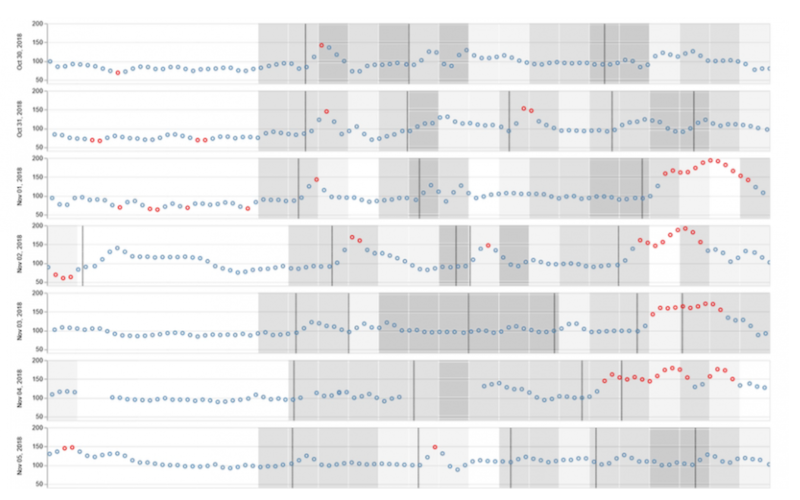
Western notions of the body are dominated by increasingly reductive approaches to anatomy, physiology and neurobiology. This enterprise has lead us towards very particular representations of the body and embodiment.
These particular representations have infiltrated research methodologies, this includes hypothesis formulation which is absolutely critical to the conclusions we make. This research often employs functional brain imaging, personal genotyping, metabolic sub-typing etc. Because of the implicit authority we attach to technology, when technology is used in this low dimensional way, both the technology and the research findings – overshadow our own lived experience of embodiment.
“In this way, scientific models are distillations of our embodied experience as observers, modellers, and interveners. In short, scientific knowledge is not the exhibition of the nature of reality as it is in itself; it is an expression of the relation between our embodied cognition and the world that it purports to know.”
Barsalou, L. (Gounded Cognition 2008)
The recent emergence of a movement referred to as the Quantified Self, encourages participants to collect extensive data about their own bodies. The Quantified Self creates opportunities for researchers, corporations and governments to collect health related data. The collection of data in any sphere inevitably poses privacy concerns.
Of equal concern is the possibility that in using technology in a reductive way, we are reinforcing a Cartesian understanding and experience of embodiment. With the availability of a plethora of gadgets and biometric apps, does this ‘cut and paste’ approach to the interaction between technology and the body hold us captive to a quantitative filter that dispenses with interoception altogether? How can we better integrate technology and the body?
Defining embodiment from a reductive or mechanistic anatomical perspective can distance us from and obscure the actual lived experience. When we adopt a reductive approach we outsource self-awareness and miss opportunities to integrate self-knowledge.
FEATURED IMAGE:
Eric Jain. QS Guide: testing food with blood glucose (2019).
